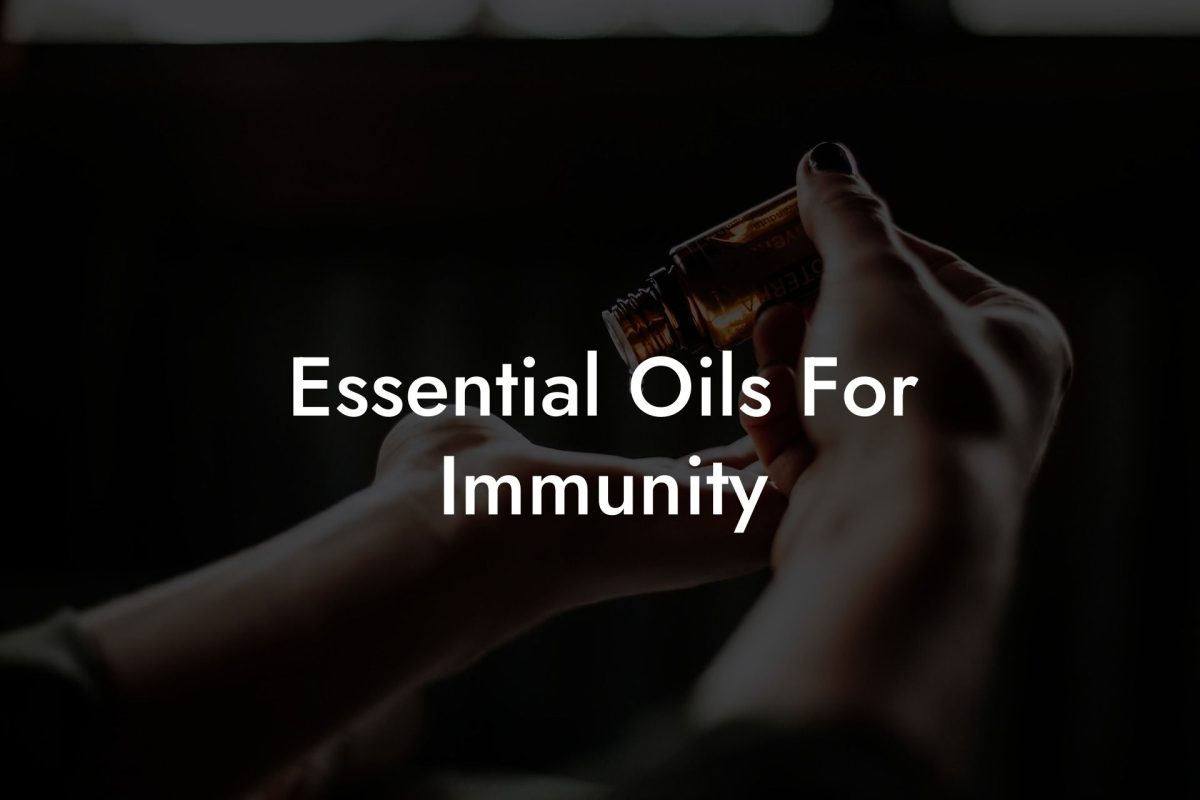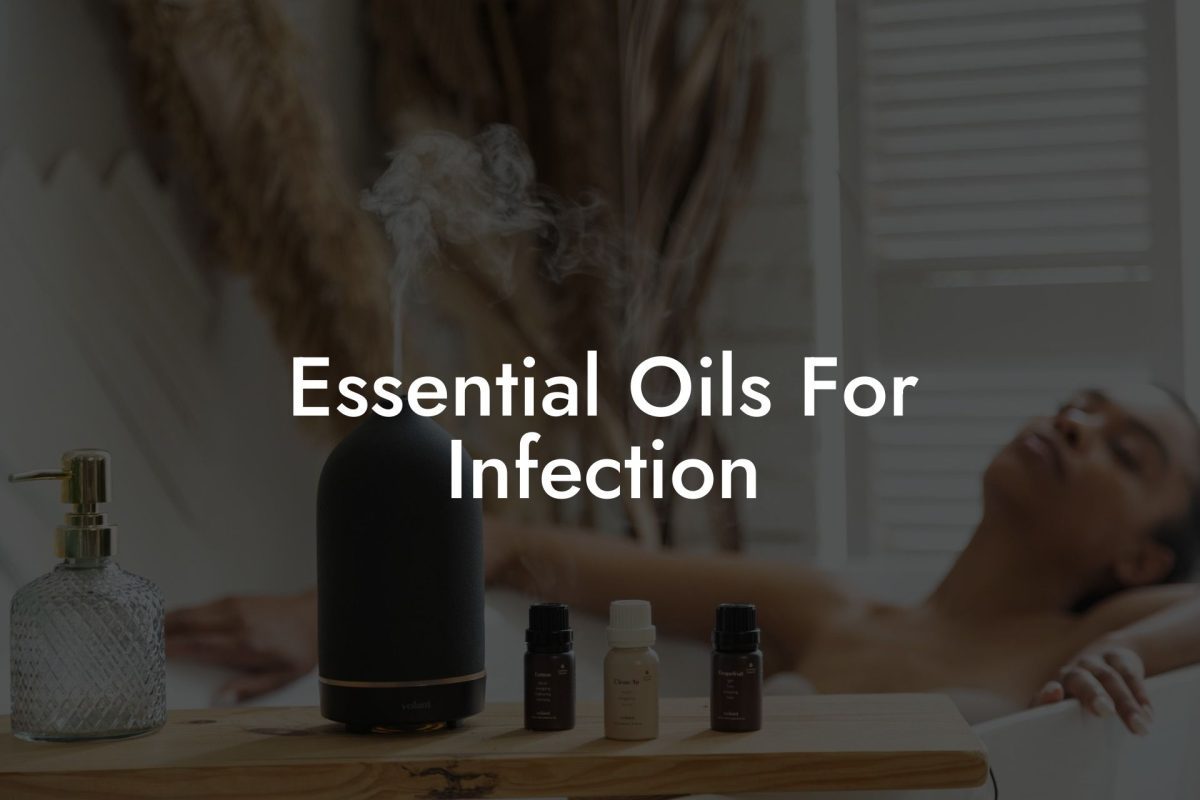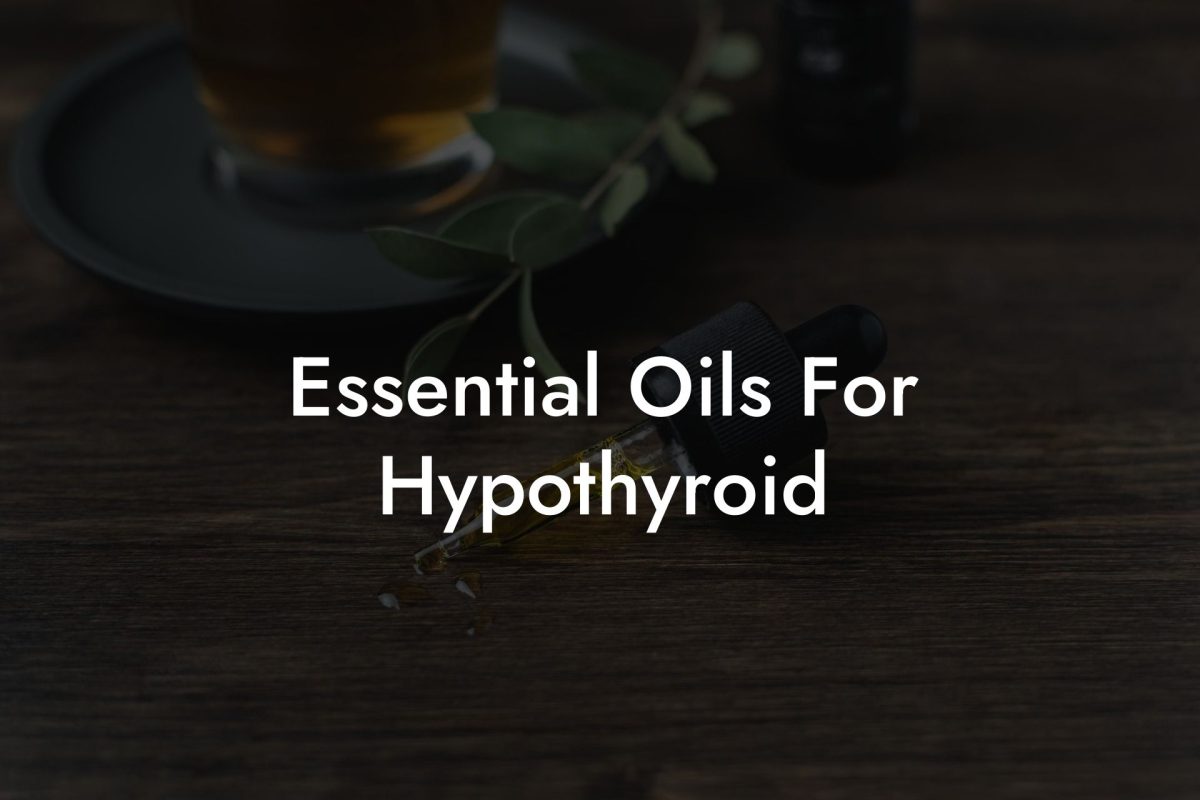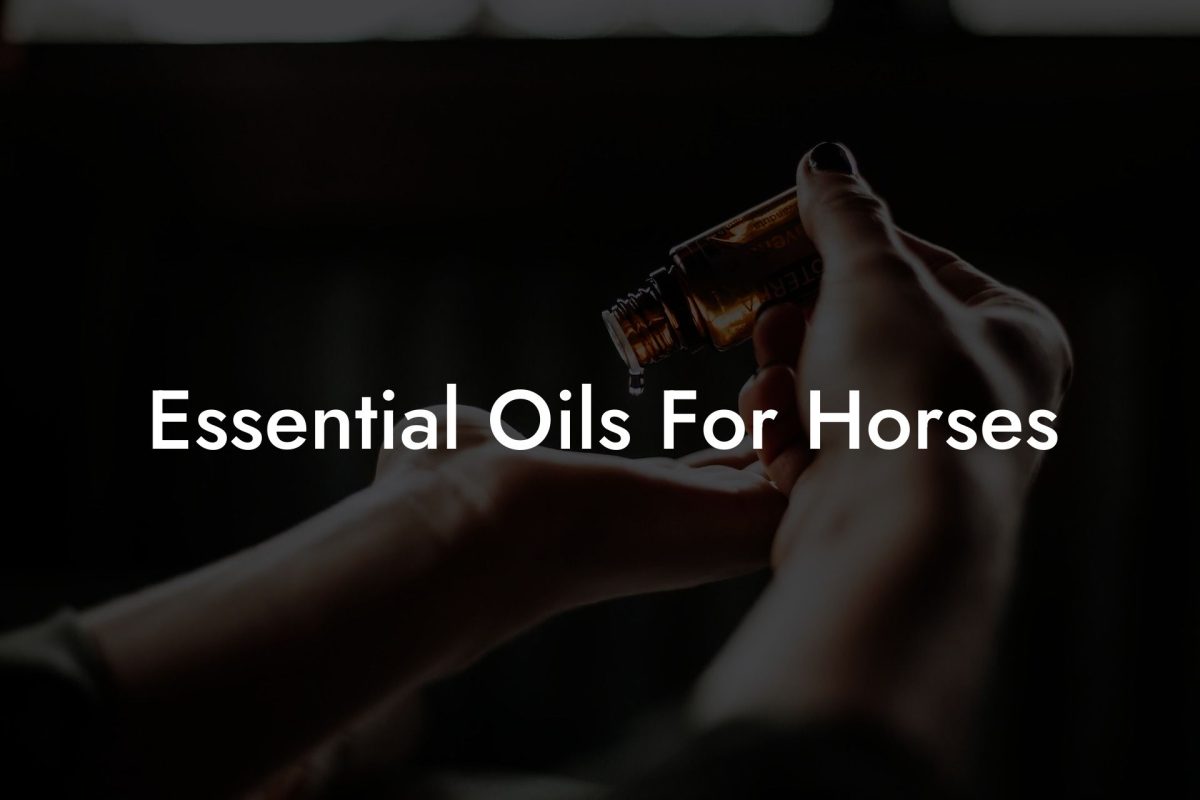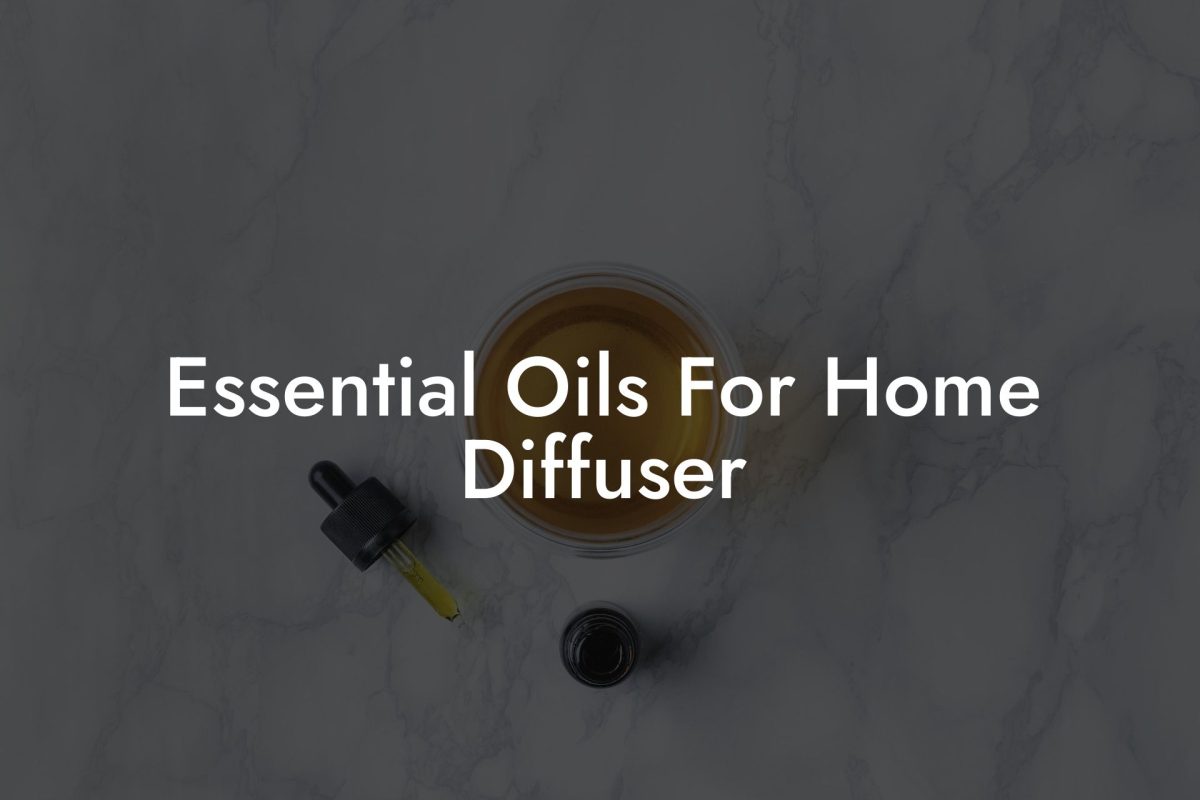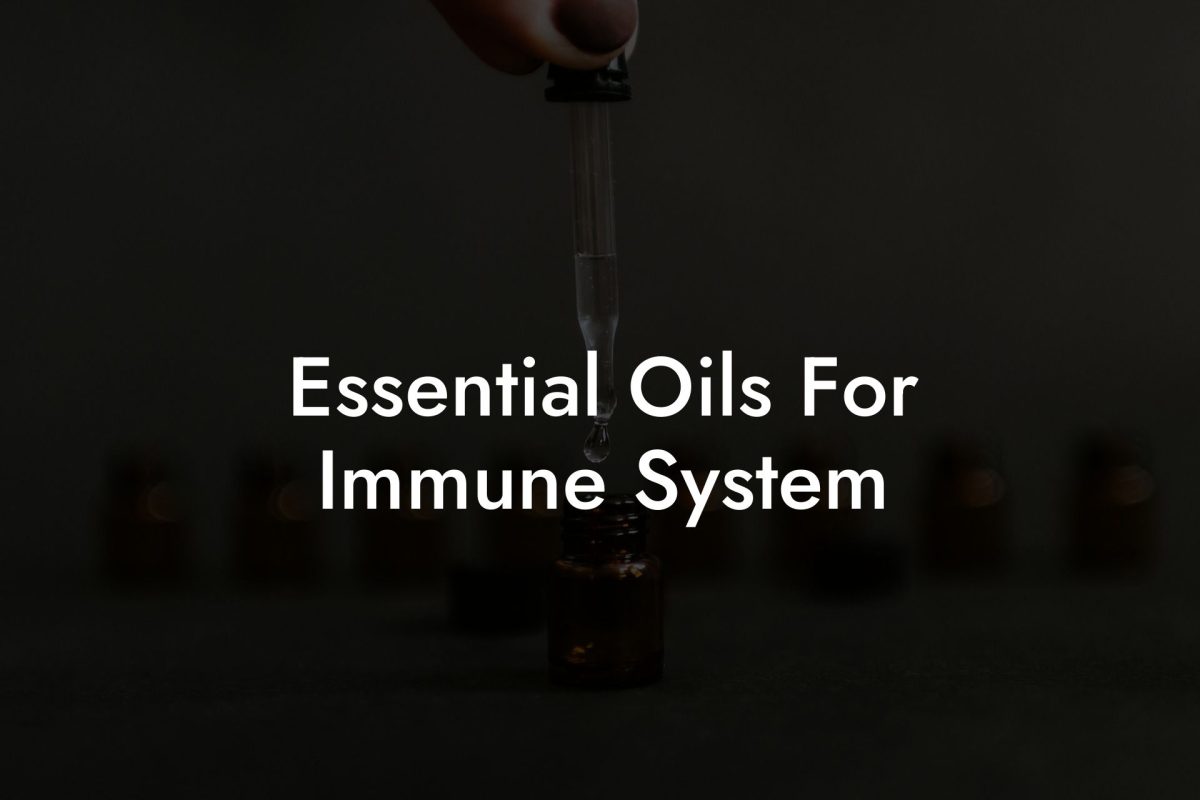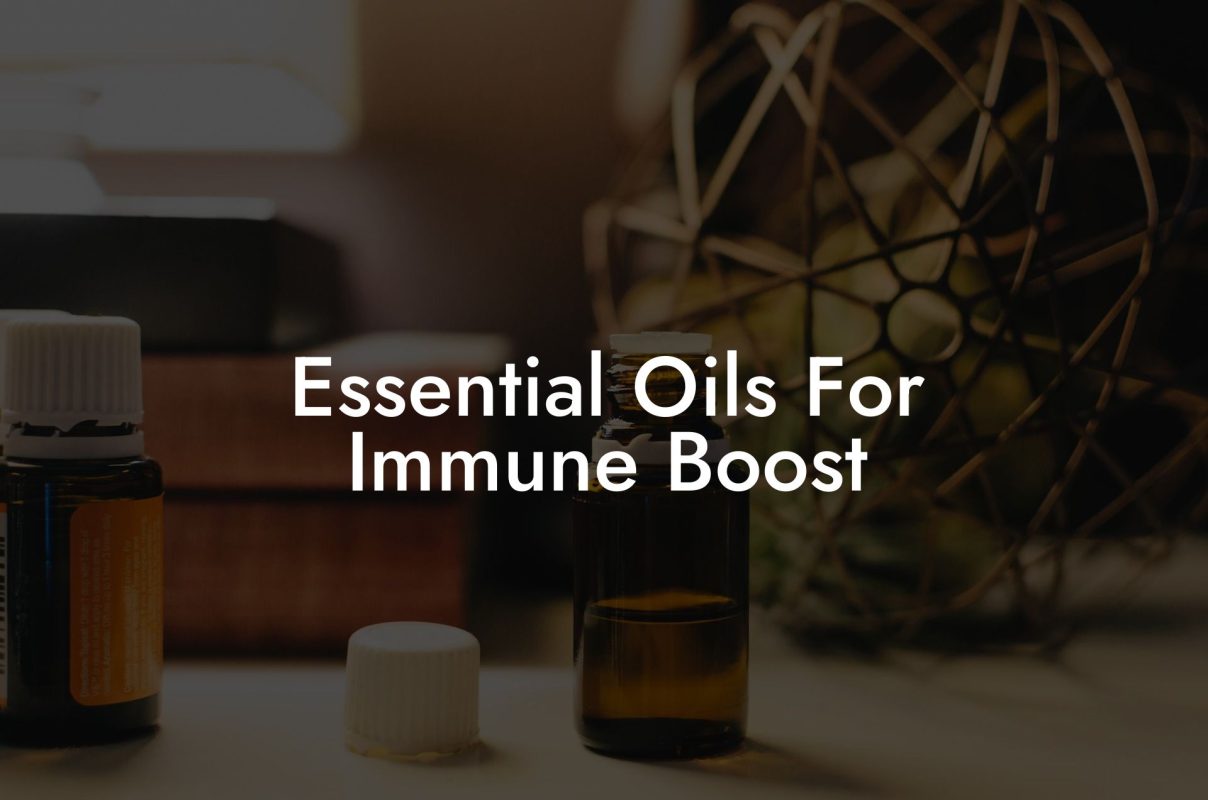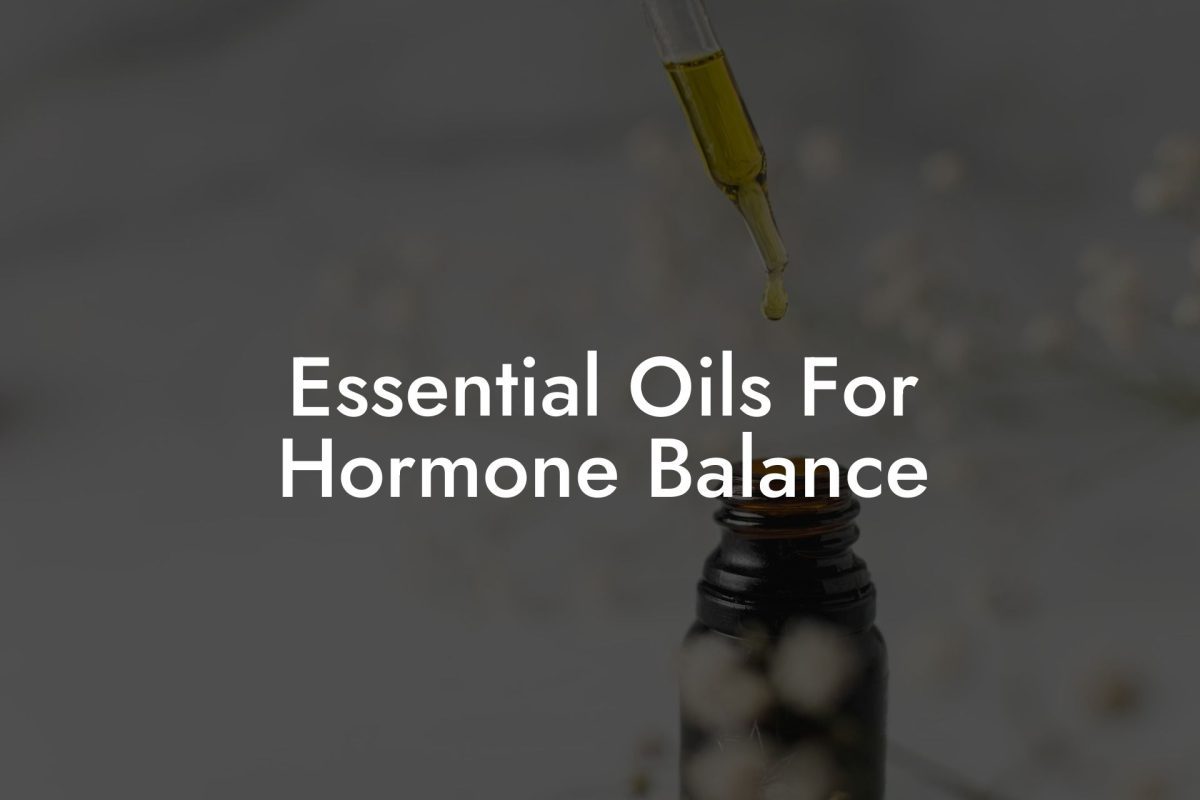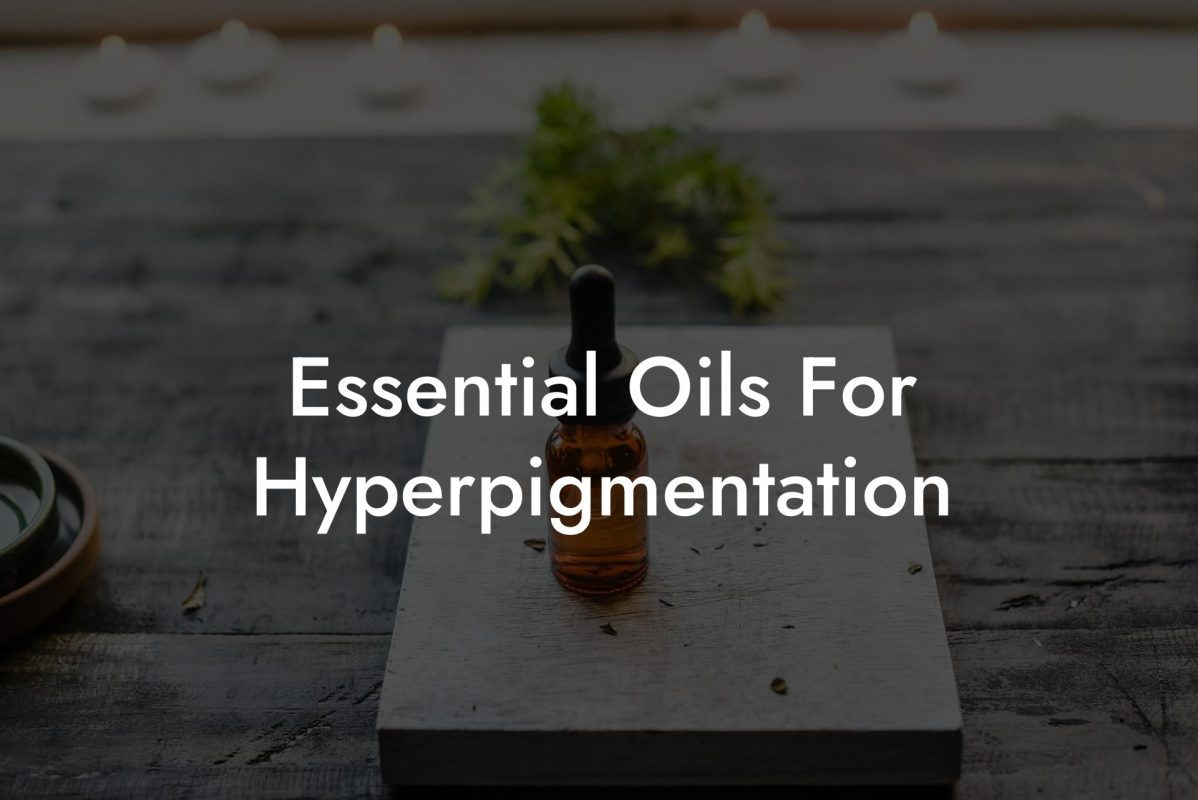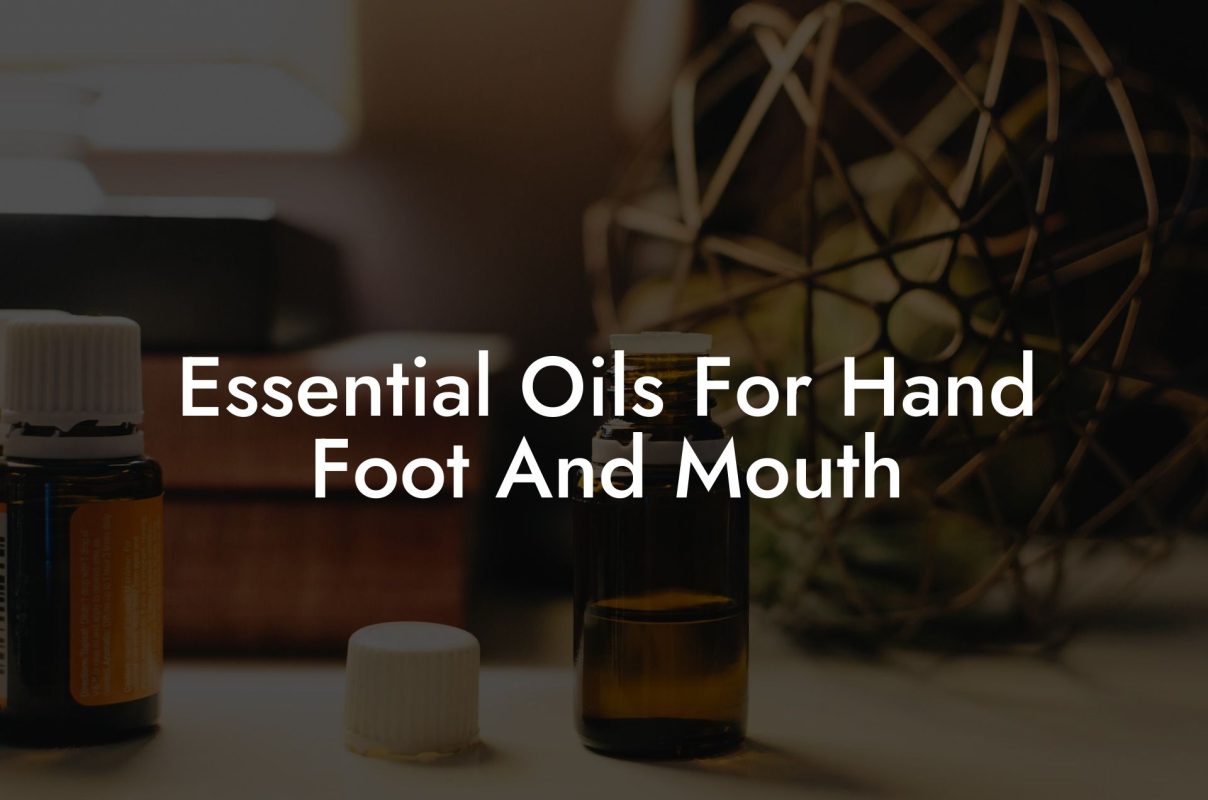Are you tired of dealing with itchy skin and looking for some relief without the use of harsh chemicals? Essential oils may just be the solution for you! In this article, we will explore various essential oils that can soothe itchy skin and provide natural remedies to keep your skin feeling fresh and healthy.
Table of Contents
Why Essential Oils For Itchy Skin?
Essential oils, derived from plants, have been used for centuries for their therapeutic benefits. Their natural properties can assist in alleviating itchy skin by calming irritation, reducing inflammation, and promoting skin cell renewal. Using essential oils for itchy skin offers a gentle and natural alternative to conventional treatments, making it an excellent choice for sensitive skin types.
The Best Essential Oils For Itchy Skin
When selecting essential oils for itchy skin, it is important to choose oils with anti-inflammatory, soothing, and calming properties. Here are some of the most effective essential oils for relief:
1. Lavender Oil
Lavender is one of the most versatile essential oils, known for its calming and anti-inflammatory properties. It not only helps soothe itchy skin but also promotes relaxation and stress relief.
2. Chamomile Oil
Chamomile has natural antihistamine properties that can help reduce inflammation and itching. With its gentle and soothing effects, chamomile oil is an excellent choice for sensitive skin conditions like eczema or dermatitis.
3. Peppermint Oil
Peppermint oil provides a cooling sensation and acts as a natural analgesic to temporarily numb the itchiness. Its anti-inflammatory properties can also help reduce redness and swelling associated with itchy skin.
4. Tea Tree Oil
Tea tree oil is known for its antibacterial, antifungal, and antiviral properties which make it effective in combating skin infections that can contribute to itchiness. It is best used in small amounts and always diluted with a carrier oil.
5. Eucalyptus Oil
Eucalyptus oil has anti-inflammatory properties and can help relieve itchiness by reducing inflammation on the skin. It also has a cooling effect similar to that of peppermint oil but is less intense.
How To Use Essential Oils For Itchy Skin
Before using essential oils, it is crucial to dilute them properly with a carrier oil, such as jojoba oil or coconut oil. This helps prevent possible irritation or allergic reactions. Here are a few ways to incorporate essential oils into your itchy skin relief routine:
– Topical Application: Mix a few drops of the essential oil with your favorite carrier oil and apply directly to the affected area. Always perform a patch test first to ensure you do not have an adverse reaction.
– DIY Soothing Bath: Create a relaxing, itch-relief bath by blending several drops of essential oil with a carrier oil or unscented bath salts and adding it to warm bathwater.
– Diffusing: Adding a few drops of essential oil to a diffuser can help create a soothing atmosphere, promoting relaxation and relief from itchiness.
What Essential Oils Are Good For Itchy Skin Example:
Imagine you’re experiencing itchy skin caused by dryness or irritation from a new laundry detergent. You can mix 5 drops of lavender oil with 1 tablespoon of fractionated coconut oil and gently massage the mixture onto the affected area. Not only will this soothe your itchy skin, but the scent of lavender will also help you feel more relaxed. To enhance the experience, you can also diffuse some chamomile oil in your room to create a calming environment.
Itchy skin can be uncomfortable and frustrating, but thankfully, essential oils offer a natural and effective way to achieve relief. By incorporating these oils into your skincare routine, you can enjoy the soothing benefits and promote healthier, happier skin. If you found this article helpful, please feel free to share it with friends and family who could also benefit from these remedies. For more information on essential oils and aromacology, be sure to explore the other guides on Oshu Oils, and don’t forget to check out our range of essential oils for all your therapeutic needs.


